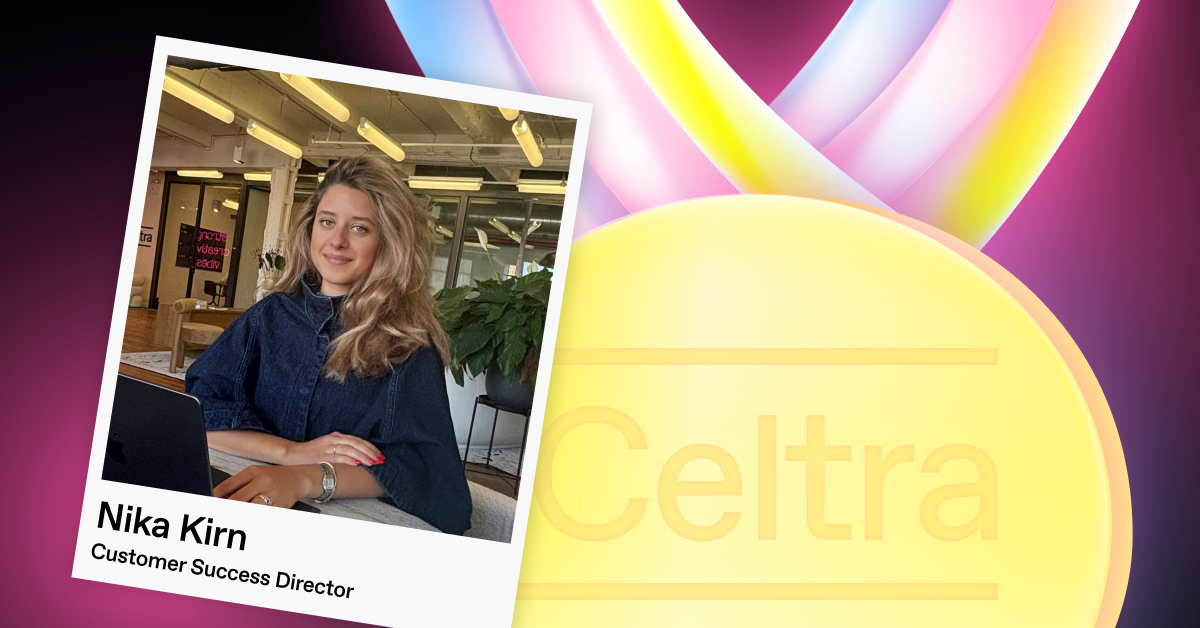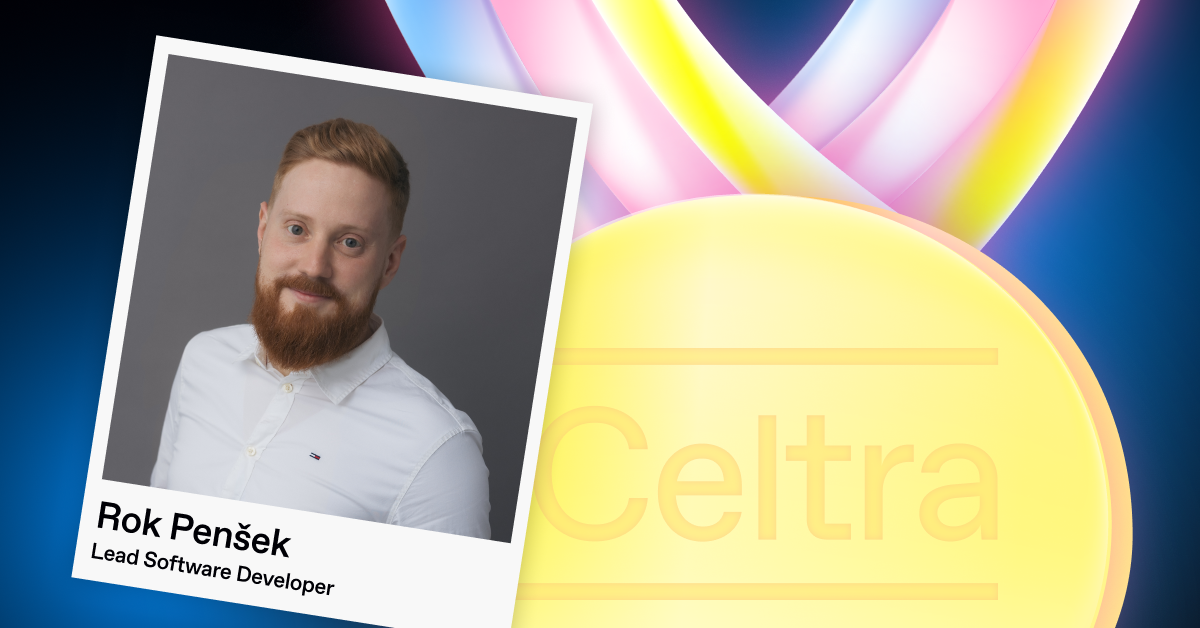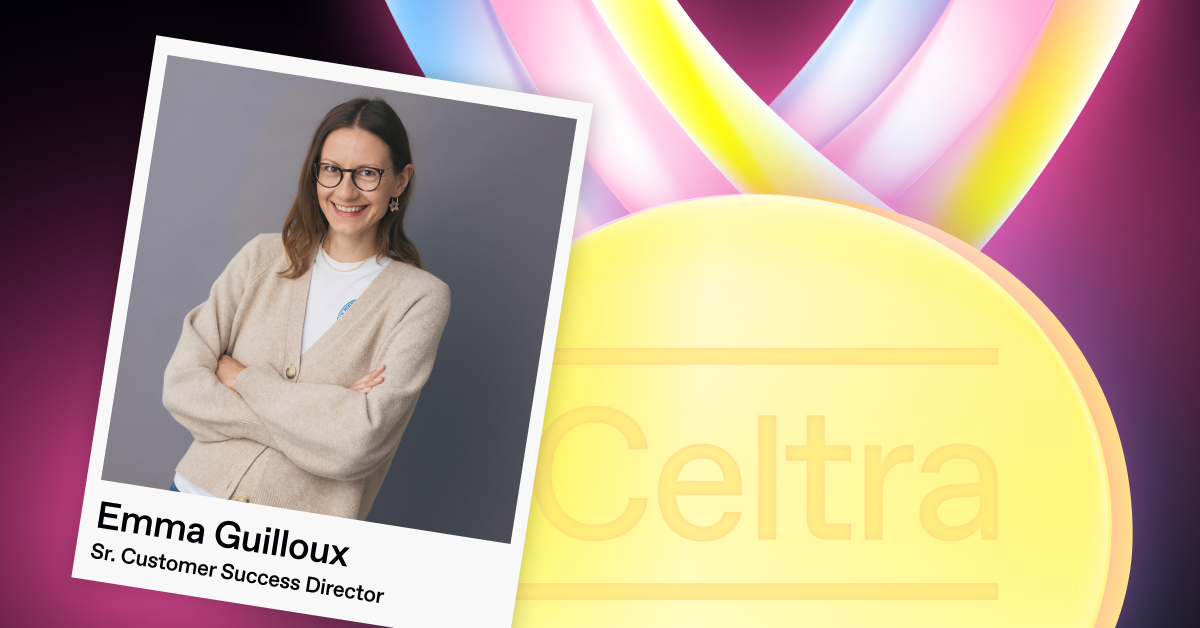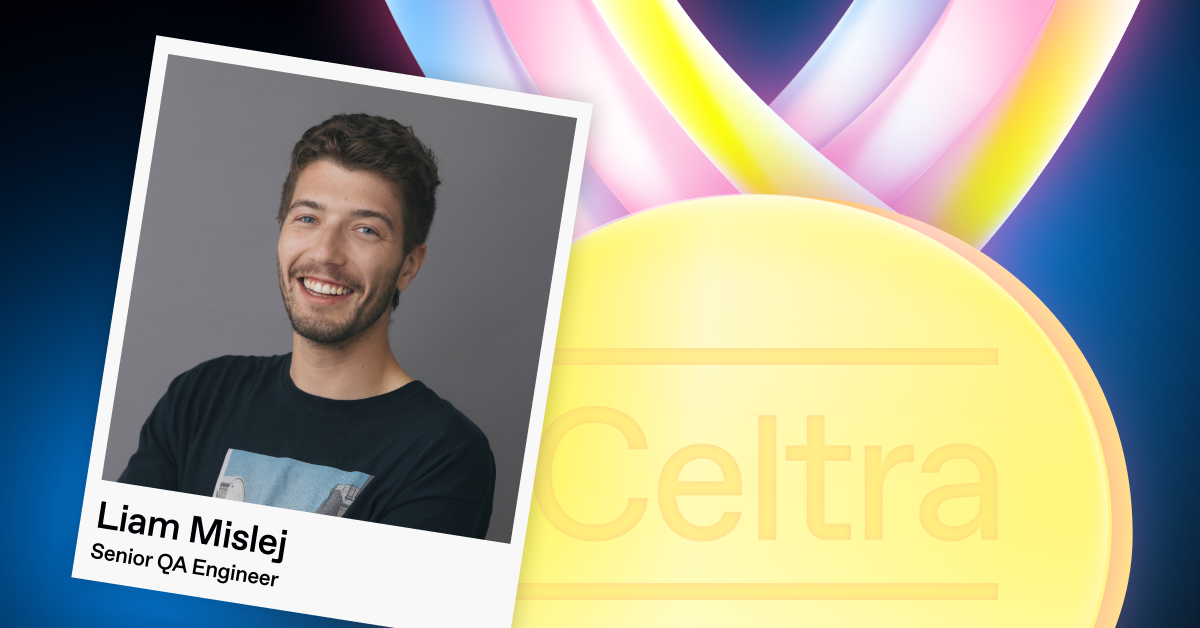Could you tell us a bit about your career journey?
Up until the tail-end of high school, I was convinced that Architecture was what I was destined to do in life. Architecture included aspects I both loved and loathed-creating something out of nothing being the first and physics the latter. To get on board with physics (and math), I started separate sessions with a tutor who coincidentally tutored many other Architecture students. The tutor in question pointed out that it would be a pity to lock me in a room with pencils and trace papers and perhaps I should consider a future in Public Relations. A jaw-dropping revelation for a seventeen-year-old trying to pursue her childhood dream, but an invaluable one at that.
What followed was a degree in Public Relations and Marketing Communications with two exchange semesters in Finland, an assistantship in Finland, three seasons of music festival organizations, an internship in Sweden, and a Master’s degree in Creative Industries from The Netherlands. All the while, a steady position at a Digital Agency with a side of studying for a Ph.D. in Public Relations, which I have since put on hold. a
What steps in your career and education have led you to start in the field of product management?
I worked in several roles in the Creative Industry before starting a product role. I had been flirting with the tech world for a while before I found the guts to get up and do something about it. I went into this position willing to start from the ground up, knowing I had predispositions that could help me and allow me to move fast. I would never be able to do what I do now without the pivots, versatility, and lessons I learned in my prior roles, which were never “Product”. One certainly doesn’t become a Lead Product Manager overnight,- I believe it’s a process whereby you are slowly transformed into one. Most Product people were doing something else prior to roles in Product. They usually switch to Product from Engineering or Product Design roles. I myself came from neither of these fields as my bread and butter was Comms. I don’t think any of the mentioned fields are necessarily better than any other, though. If anything, I’ve learned that most of the more technical skills you think you lack can be learned very much on the job. Either you already have them, and they’re packaged differently, or more likely, you’ve gained them through years of experience in a different field. All you have to do is find a way to utilize them as you transfer from one field to another.
Here are some examples from my previous roles:
When working on an FP-7 research project in Finland, I discovered how quickly you can learn a topic you know nothing about if you’re willing to read and listen. I went in blind when it came to knowing about biometrics, ABC gates, and e-passports. As my first time working on something that was considered tech, I realized that no matter what dataset I was working with, the approach to the problem was the most important part of the job.
When working for a Swedish PR Agency with a Showroom, I learned about tech debt before I knew what it meant. I instantly knew that a narrow hall inside the storage that you have to walk through multiple times an hour absolutely has to be organized despite being full of “legacy” products from previous seasons. Figuring out how to keep what’s needed, deprecate (or send away) what’s not, but at the same time keep the structure scalable for the future isn’t different than being mindful of creating digital products without baggage. It’s a pretty transferable skill. I would also count it as a process-building skill, which I now believe is one of your most crucial skills as a product manager.
Working as a PR Manager of an urban music festival, I learned how to deal with being on multiple ends at once. This is also just another regular day in the life of a Product Manager, where everything is happening all at once. I mastered the art of preventing (tipsy) musicians from getting into arguments, made sure that no cigarettes were lit inside a room where smoking was prohibited (ergo, knowing about the importance of compliance), motivating those with stage fright (yes, professionals get stage fright too) and many other group-management skills. If I could coordinate a team of musicians, be empathic towards them, and simultaneously make sure things were happening on time, why wouldn’t I be able to apply this to my work with developers?
At the Digital Agency, I was in charge of handling multiple projects at the time. In fact, I had my very own Eisenhower matrix before I even knew a tool like it existed. I had my own urgent/important cell and a checkoff list that helped me filter what mattered and what didn’t.
All of these traits, coupled with great mentors-turned-friends guiding me throughout my career, have propelled my career remarkably. In the three years since starting at Celtra as an Associate Product Manager, I’ve managed to grow into a Product Lead for our biggest and most successful solution: Celtra’s Creative Enablement.
What does a typical day look like as a lead product manager at Celtra?
I’d say there is no such thing as a typical day in product management, as every day usually brings new challenges, but there are certain habits that I try to follow day to day. I try to read news in the morning – AdWeek, AdExchanger, and Business Insider are the three tabs that I strive to open prior to anything else. Usually, the challenges I stumble upon can always be put into context based on what’s happening in the ecosystem. Have there been any new trends? New acquisitions or bankruptcies filled? Are there any new cool digital campaigns out in the wild? Understanding the market and what’s happening is a crucial prerequisite. Another thing I constantly try to do is track feature adoption, research what clients are up to, and check up on prospect calls in case I missed any. My days vary from sitting down and brainstorming on all things creative like new Ad Products, to solving more technical issues, where I spend most time reading and researching.
What is your favorite aspect of your job at Celtra?
There are many things I like -the autonomy I have in all things creative, dynamic projects, the top tier clients… I could go on and on, but nothing really beats the feeling of lying down every evening, knowing I’m actually making a difference. It’s hard to explain what I’m actually doing to my family, but the one thing they know is that I help people solve problems by doing different things – from consulting when in doubt to hosting brainstorming sessions and facilitating reviews and knowledge shares. Remembering how I’m empowering other Celtronians as well as external teams I work with is the one thing that keeps me going when I’m having a rough day.
What, in your opinion, are 2-3 character traits that are crucial to product management?
One of the most important things, in my opinion, is being comfortable saying no to things that are not crucial and urgent. Knowing how to prioritize and being able to understand that there are always trade-offs you have to make and that for everything you say yes to, there will be one you have to say no to. The key is having the willingness to learn and the self-esteem to look stupid. Ask questions until you understand the answer. That will get you far. Last but not least, you really need to love working and interacting with people, because a major part of your job will be listening to their problems. Product management is nothing but the architecture of human interactions.
What makes working at Celtra special?
People. The people you meet here become your lifetime friends and companions.






